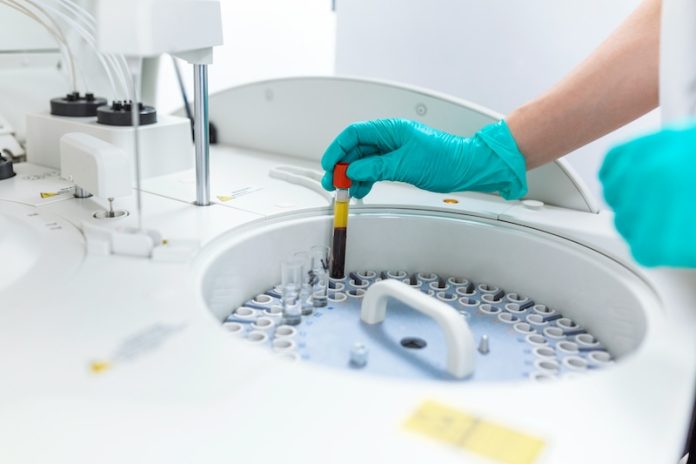
Before having surgery, many patients undergo tests like blood work and heart rhythm checks. These tests help doctors ensure that patients are fit for surgery. However, not all tests are necessary for every patient, especially when they do not affect the surgery or the recovery process.
A new study has found a way to reduce unnecessary pre-surgery tests without harming patient safety. Researchers from the University of Michigan and Brigham and Women’s Hospital developed a program to focus testing only on patients who truly need it.
Their approach helped cut down on wasted time, money, and resources while ensuring that patients still received the right care.
The study was conducted at U-M Health and targeted four common tests often given before low-risk surgeries. These surgeries included procedures to remove breast lumps, gallbladders, or repair hernias—operations that are generally considered safe. Despite the low risk, many patients were still receiving tests that were not needed.
Before the program began, 37% of these patients had at least one unnecessary test. By the end of the study, that number had dropped to 14%. Overall, the number of patients receiving any of the four tests fell from 51% to 27%. Importantly, the tests continued to be used for patients who actually needed them based on their health condition and risk factors.
The study also found that reducing unnecessary testing did not impact patient safety. There was no increase in emergency visits or hospital stays after surgery. This suggests that the removed tests were truly unnecessary and did not affect how well patients recovered.
The researchers compared their results with other hospitals in the state and found that those hospitals did not show the same reduction in unnecessary testing. This confirms that the program itself was responsible for the improvements at U-M Health.
The key to success, according to the study’s lead researcher, was involving doctors and medical staff in the process. Instead of simply telling them to reduce testing, the team educated them on the reasons why certain tests were unnecessary. They provided easy-to-use tools to help doctors make better decisions about which tests were needed.
Dr. Lesly Dossett, a surgeon at U-M Health and one of the senior researchers, explained, “If we want to cut down on wasteful testing, we need to show our medical teams why it’s safe to do so. It’s not just about removing tests—it’s about making smarter decisions that still keep patients safe.”
The program was developed through the Michigan Program on Value Enhancement (MPrOVE), which combines medical research with real-world hospital improvements. The team hopes to expand this effort to more hospitals across the state, helping even more patients avoid unnecessary tests.
Review and Analysis
This study highlights an important issue in modern healthcare—many medical tests are performed simply out of habit rather than necessity.
While pre-surgery tests can be important, using them on low-risk patients when they don’t impact treatment or outcomes wastes resources. Hospitals spend money on these tests, staff spend time conducting them, and patients may face delays or unnecessary stress.
One of the most significant findings of this study is that reducing unnecessary testing did not lead to worse health outcomes. Patients were just as safe, showing that these extra tests were not adding value. This is a strong argument for hospitals to review their own testing practices.
Another key takeaway is the importance of educating doctors and nurses about these changes. When medical professionals understand why certain tests are unnecessary, they are more likely to adopt new practices.
This approach—changing medical culture through education rather than strict rules—could be an effective way to improve other areas of healthcare as well.
Looking forward, this research could lead to wider changes in how hospitals handle pre-surgery tests. If more hospitals adopt similar programs, healthcare systems could save millions of dollars while making the pre-surgery experience simpler and faster for patients.
If you care about cancer, please read studies that low-carb diet could increase overall cancer risk, and new way to increase the longevity of cancer survivors.
For more information about cancer, please see recent studies about how to fight cancer with these anti-cancer superfoods, and results showing daily vitamin D3 supplementation may reduce cancer death risk.
The research findings can be found in JAMA Surgery.
Copyright © 2025 Knowridge Science Report. All rights reserved.



